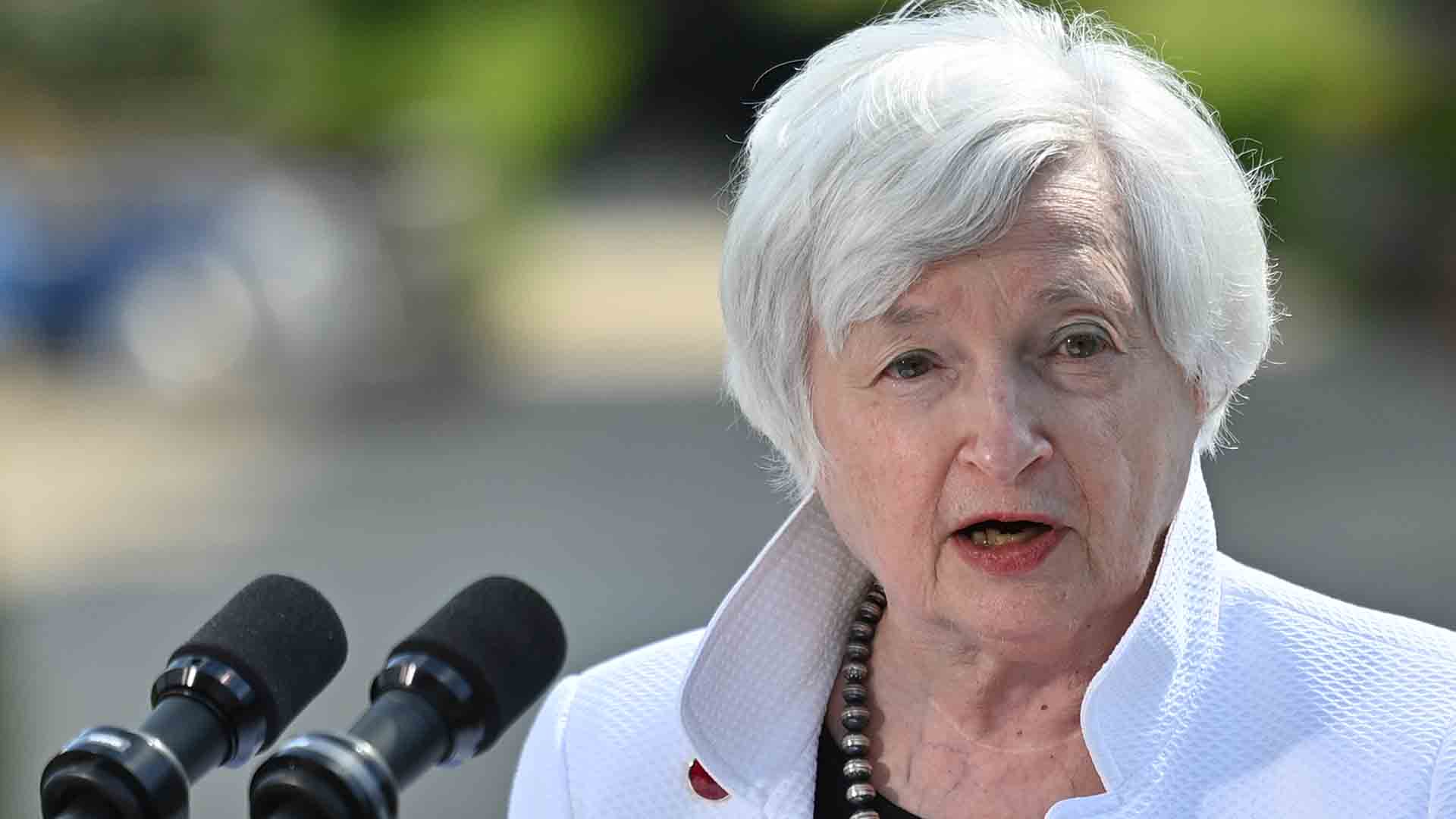Intricate offshore arrangements involving intellectual property rights allowed the American media conglomerate behind powerhouse entertainment franchises like “CSI,” “Star Trek” and the “Transformers” movies to skirt nearly $4 billion in corporate income tax in the U.S. and an additional $1.2 billion in the U.K., according to a new report from a Dutch research center.
The investigation by the Centre for Research on Multinational Corporations (SOMO), a nonprofit center funded in part by the Dutch Ministry of Foreign Affairs, details ViacomCBS’s use of subsidiaries in the Netherlands over nearly two decades. ViacomCBS owns six Dutch entities that oversee the international licensing of movies and TV shows — four of which, according to the report, have never employed any personnel.
By analyzing the annual reports of those Dutch subsidiaries, SOMO researcher Maarten Hietland determined that the Dutch government had given ViacomCBS favorable tax rulings going back as far as 2002. In particular, since 2011, less than 1% of the subsidiaries’ billed revenue has been subject to taxation in the Netherlands.
The report identifies the increasing prevalence of intangible assets — like intellectual property rights — as a major catalyst for the kinds of tax avoidance structures favored by ViacomCBS, due to the ease of relocating them to a different country.
If the rights to a TV show are owned and managed in the United States, profits from that show are subject to taxation in the U.S., even if the show is ultimately sold and aired in another country. But the company can transfer the rights to that show to a tax haven and enjoy its profits free of corporate tax. In the Paradise Papers investigation, for example, the International Consortium of Investigative Journalists exposed how lucrative music royalties can be stashed offshore, where the earnings flow tax-free.
The 2017 ICIJ investigation Paradise Papers highlighted how owners of music rights use offshore tax havens to avoid taxes on earnings from royalties.
And until 2020, the Netherlands’ tax code allowed for a “hybrid mismatch,” in which American companies could funnel their foreign profits to those partnerships as dividends or royalty payments — and avoid taxes both at home and abroad. As Hietland put it in the report, “The international rules for the taxation of multinational companies have not been adjusted to the economics of value creation through intangible assets.”
ViacomCBS called the report “deeply flawed and misleading” and said that it had fulfilled all of its legal tax obligations around the world, in a statement reported by The New York Times.
Arnold Merkies, the coordinator of the Dutch branch of the Tax Justice Network and a contributor to the report, said via email that other multinationals in the media and entertainment industry had set up similar structures in the Netherlands, spurring SOMO to investigate the country’s role in global tax avoidance.
The report recommended that the U.S. government enact legislation to prevent American multinationals from relocating IP rights to foreign subsidiaries and that the Dutch tax authority stop handing out the kind of favorable rulings that make the Netherlands a frequent conduit for tax avoidance.
But Hietland also stressed in the report that there is “an urgent need for countries worldwide to cooperate and coordinate,” so that one country moving to close its tax loopholes doesn’t simply shift malfeasance to a new location — as Viacom and CBS did several times from 2005 to 2019, according to the report. The report cites ICIJ’s 2014 Lux Leaks investigation as a possible catalyst for CBS and several other companies moving their business out of Luxembourg. The recommendations come amid international tax reform negotiations this year, seeking to end corporate profit shifting between tax havens.
As Merkies said via email, “The tax advisors of multinationals are always looking for new structures and loopholes.”



